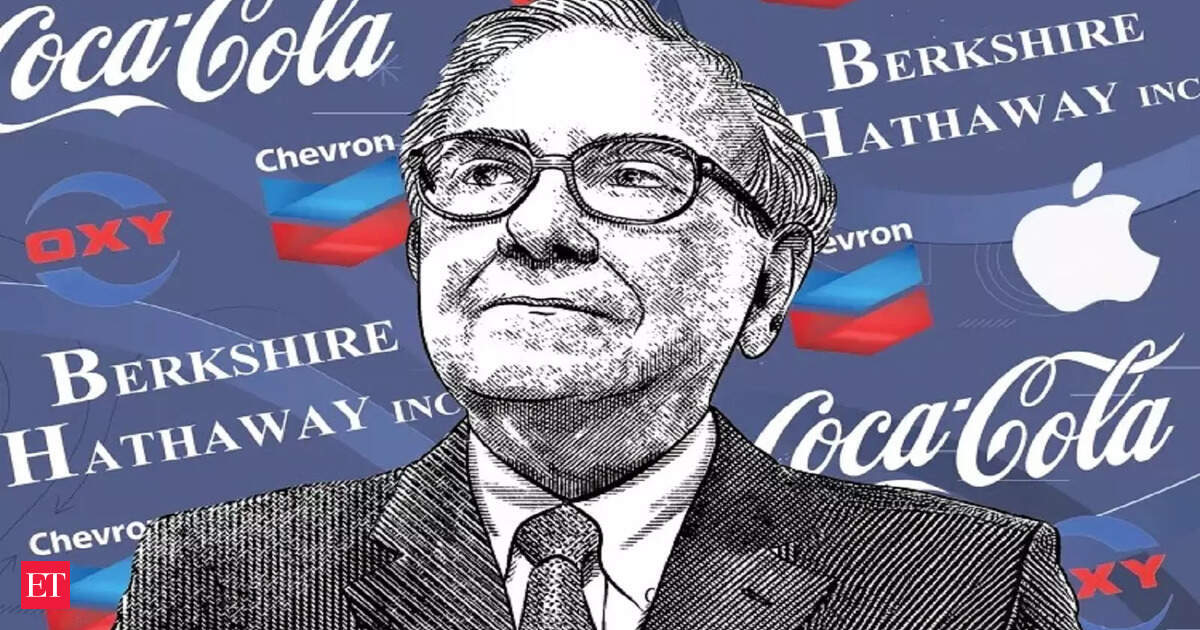Warren Buffett has issued a clear warning on the stability of the US dollar, stating bluntly, “We would not really invest in a currency that is going
Looking abroad for stability
Buffett made it clear that Berkshire is open to shifting more of its investments into foreign currencies. The Japanese yen, for instance, has already seen increased exposure in Berkshire’s portfolio. He noted that if the firm makes a significant investment in a European country, they might “do a lot of financing in their currency.”
He added, “There could be… things happen in the United States that… make us want to own a lot of other currencies.”
This sentiment comes as Berkshire’s cash reserves reach a record $347 billion. In 2024 alone, the company sold off $134 billion in stock, including part of its major holdings in Apple and Bank of America. It reflects a defensive strategy amidst global economic uncertainty.
Transition in leadership
The meeting also marked a leadership milestone. Buffett, aged 94, officially handed over the CEO role to Vice Chairman Greg Abel. Despite stepping down, Buffett’s influence remains evident.He praised Apple CEO Tim Cook, saying, “I’m somewhat embarrassed to say that Tim Cook has made Berkshire a lot more money than I’ve ever made Berkshire Hathaway.”
Trade and tariffs under fire
Much of Buffett’s speech took aim at the United States’ approach to global trade. Without naming Donald Trump, he slammed protectionist policies and high tariffs.
“Trade should not be a weapon… there’s no question that trade can be an act of war. And I think it’s led to bad things, just look at the attitudes it has stirred up in the United States,” he said.
Buffett was referencing sweeping import duties — the US had imposed tariffs as high as 145% on Chinese goods. China responded with 125% tariffs of its own. While some increases were paused, China remained a target, keeping tensions high.
“It’s a big mistake, in my view, when you have seven and a half billion people that don’t like you very well, and you got 300 million that are crowing in some way about how well they’ve done — I don’t think it’s right, and I don’t think it’s wise,” Buffett said.
A call for global prosperity
The investing legend warned against any triumphalism in a world with nuclear weapons. “We want a prosperous world,” he stressed. “With eight countries with nuclear weapons, including a few that are quite unstable, I don’t think it’s a great idea to design a world where a few countries say, ha ha ha, we’ve won.”
He added that global prosperity benefits everyone. “I do think that the more prosperous the rest of the world becomes, it won’t be at our expense — the more prosperous we’ll become, and the safer we’ll feel.”
Despite his sharp critique of American policy, Buffett continues to back the strength of the US economy. “This is the best place in the world to be and [we] see opportunities to invest,” he said.
He celebrated capitalism’s track record in the country: “Capitalism in the United States has succeeded like nothing you’ve ever seen.” But he also acknowledged its limits: “We are not in the business of trying to solve unsolvable problems.”
And he didn’t spare government waste, saying, “It’s easier to do stupid things with other people’s money than it is with your own money. That’s one of the problems government has generally. We don’t want to bring it to private enterprise.”
On the topic of markets, Buffett remained cautious but optimistic. He said stocks have historically outperformed other assets but noted that real estate carries its own risks. “When real estate gets in trouble,” he warned, “you deal with more than a few people.”
He reminded investors that uncertainty isn’t new. “We’ve gone through great recessions, we’ve gone through world wars, we’ve gone through the development of an atomic bomb that we never dreamt of at the time I was born, so I would not get discouraged about the fact that it doesn’t look like we’ve solved every problem that’s come along.”
m.economictimes.com

